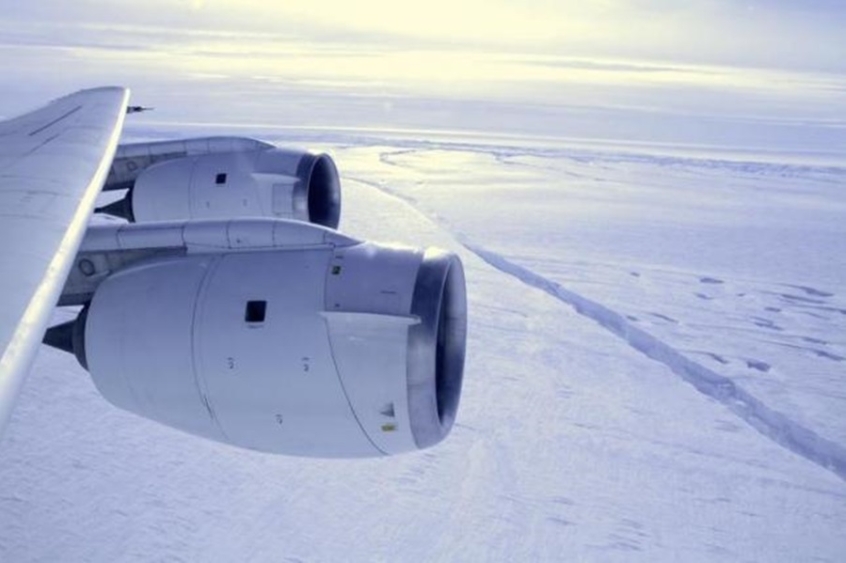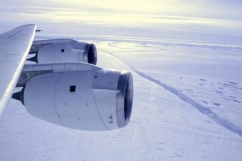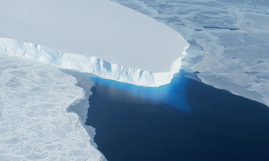
Just last month, a study published on the scientific journal Nature Geoscience warned against the possibility of the entire continent of Antarctica collapsing within this century due to rapidly melting ice in the region.
This week, a more recent research conducted by the National Aeronautics and Space Administration (NASA) seemed to show the opposite: Antarctica is gaining more ice that it has been losing for the past two decades.
The NASA's Goddard Space Flight Center and the University of Maryland in College Park examined the height of the Antarctic ice sheet as measured by the space agency's laser sensors, as well as the European Space Agency's radar instruments from 1992 to 2008.
Data from these observations showed that on the average, Antarctica gained 112 billion tons of ice annually from 1992 to 2001.
From 2003 to 2008, the ice production in Antarctica decreased to 82 billion tons per year.
While these figures are still above the amount of ice Antarctica lost during those periods, researchers warned against using this data to justify not taking steps to address climate change.
NASA glaciologist Jay Zwally, the study's lead researcher, even said that it will only take a few decades before ice loss in Antarctica outpaces the gain.
"I don't think there will be enough snowfall increase to offset these losses," Zwally said in a press release, as quoted by The Christian Science Monitor.
The lead researcher also said that while his team's study will disprove earlier assumptions that the melting of ice in Antarctica is causing sea level rise, this also comes with a bad news.
"If the 0.27 millimeters per year of sea level rise attributed to Antarctica in the IPCC [Intergovernmental Panel on Climate Change] report is not really coming from Antarctica, there must be some other contribution to sea level rise that is not accounted for," Zwally explained.
Because of this study, researchers also realised the difficulty of measuring small changes in ice height. This has prompted NASA to start developing new tools to be able to measure long-term ice changes in Antarctica.















